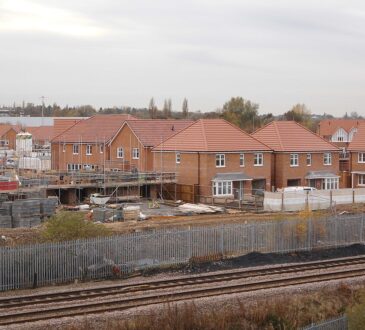
Key moments for house buying, such as the stamp duty changes the market will see this April, are often preceded by a flurry of activity alongside competitive rate cutting as lenders battle for business.
Not this year.
Instead of a rate war lenders have remained eerily quiet as gilt rates spiked in early January over concerns higher inflation could stick around for longer. Some have started to wonder whether fixed mortgage rates might even go up.
At the time of writing, January 13, there had not been any significant movement upward from lenders – but neither was there any sign of the competitive rate cutting seen last year.
So, if 2024 was an intense year for the property market, what does 2025 have in store?
On the way up
2024 was an eventful year: Labour took charge for the first time in 14 years, it introduced the first ever female chancellor, and the Bank of England finally began to cut rates as inflation showed signs of abating.
As the economic environment stabilised, the market geared up for a busy beginning of 2025, especially as looming stamp duty changes in April would cost first-time buyers thousands and drive many to seek to complete their purchases before then.
But by the end of October, Labour’s first Budget in 14 years somewhat threw a spanner in the works.
The new government’s front-loading – some say anti-growth – policies threatened to keep inflation higher for longer. And added to Donald Trump’s second presidency starting in January, which is expected to also bring inflationary pressure, this has made the outlook for this year less rosy than it could have otherwise been.
‘Surprisingly resilient’
According to Nationwide, which published its monthly house price index on January 2, UK house prices rose 4.7 per cent in 2024, ending just below the all-time high recorded in summer 2022.
They increased 0.7 per cent month on month, following a 1.2 per cent rise in November.
Robert Gardner, Nationwide’s chief economist, said at the time of publication mortgage market activity and house prices had proven surprisingly resilient given the ongoing affordability challenges facing potential buyers.
He added: “Upcoming changes to stamp duty are likely to generate volatility, as buyers bring forward their purchases to avoid the additional tax.
“This will lead to a jump in transactions in the first three months of 2025 (especially in March) and a corresponding period of weakness in the following three to six months, as occurred in the wake of previous stamp duty changes.”




